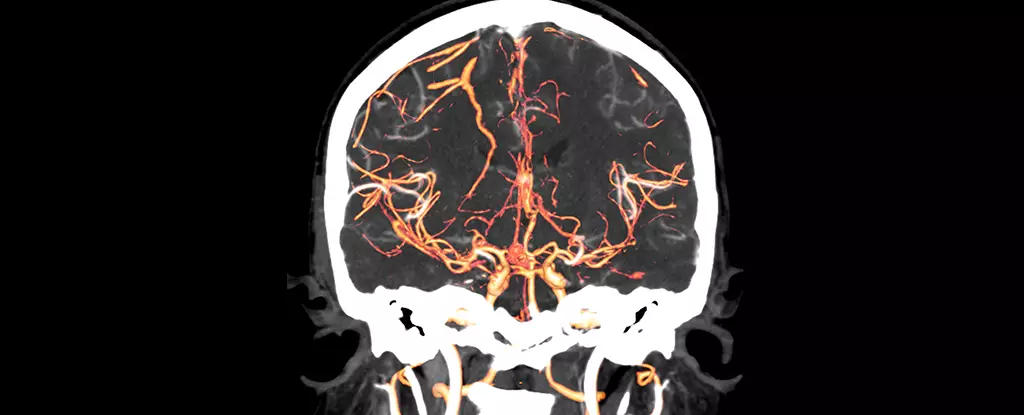Schizophrenia, a complex neurological disorder that affects millions of individuals worldwide, has long puzzled researchers and medical professionals alike. However, a recent study suggests that scientists may have made a significant breakthrough in identifying the locations in the brain where schizophrenia first emerges. This discovery could potentially revolutionize the diagnosis and treatment of the condition, offering new hope to those affected by it.
Epigenetic Mapping: A Novel Approach to Understanding Schizophrenia
The groundbreaking research, conducted by an international team of scientists, utilized a cutting-edge analytical technique known as ‘epicenter mapping’. By analyzing the brain scans of over 1,000 individuals with schizophrenia and comparing them to those of healthy controls, the researchers identified key similarities and differences. Amongst the findings, abnormalities in two specific brain structures stood out: Broca’s area and the frontoinsular cortex, both of which are closely linked to language and emotional processing.
Psychiatrist Lena Palaniyappan from McGill University, a key figure in the study, notes that the research suggests that each individual suffering from schizophrenia may have a unique starting point in the brain. This could potentially explain the variations in symptoms experienced by different patients. Despite these individual differences, the study also revealed a common underlying process that results in subtle changes in brain structure, which could provide crucial insights into the nature of schizophrenia.
One of the major challenges in treating schizophrenia is the variability in how the disorder presents in different individuals. While there are therapeutic interventions available, determining which patients will benefit from them can be difficult. The researchers propose that epicenter mapping could be utilized to identify those individuals who are most likely to respond to treatments focused on language and communication. This personalized approach to treatment could lead to more effective interventions and potentially improve outcomes for patients with schizophrenia.
Schizophrenia is a multifaceted disorder, characterized by impaired thinking and perception that can distort reality. Despite affecting a significant portion of the population, the precise causes and mechanisms underlying schizophrenia remain elusive. Studies have highlighted intriguing connections, such as a potential link between cat ownership and schizophrenia risk, as well as the possibility that brain abnormalities associated with the disorder may begin in utero.
By gaining a deeper understanding of how schizophrenia originates and progresses, researchers aim to pave the way for more effective management and, ultimately, a potential cure for the condition. The team behind the groundbreaking study is optimistic that techniques like epicenter mapping could offer valuable insights into the early stages of schizophrenia, even before noticeable symptoms manifest. This could open up new possibilities for early intervention and personalized treatment strategies.
The recent advances in brain research offer new hope for individuals living with schizophrenia. By unraveling the complex origins of the disorder and identifying key brain structures involved, scientists are inching closer towards improved diagnostic methods and tailored treatment approaches. While there is still much to learn about schizophrenia, this latest discovery represents a significant step forward in the quest to understand and ultimately eradicate this debilitating condition.


Leave a Reply